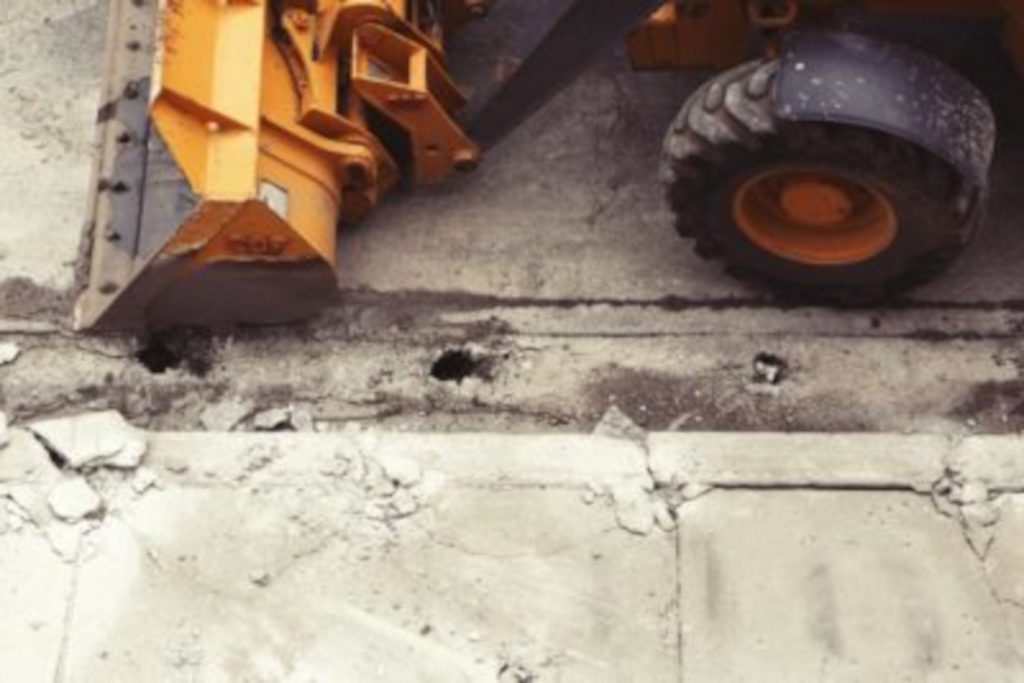The Legislature deems it necessary in the interest of the public health, safety, and welfare to regulate the construction industry. As a result, the Florida Legislature enacted Chapter 489, Florida Statutes. From that statutory authority, the Construction Industry Licensing Board was created and along with the Department of Business and Professional Regulation, promulgated 61G4 of the Florida Administrative Code to further set forth rules and standards that govern the construction industry in Florida.
The general policy in Florida is that construction work needs to be performed by an appropriate licensed contractor unless exempted from licensure. 489.103, Florida Statutes, provides the exemptions and they address situations when licensure is not required. For example, no license is required for Federal or municipal work, public utilities, minor or inconsequential work (handyman) and small repairs effectuated by a real estate professional.
One of the exemptions to licensure in the state of Florida is when a residential homeowner elects to serve as his or her own contractor. Owners of property may act as their own contractor only for building or improving farm outbuildings, one-family residence, two-family residence, or improving commercial buildings at a cost not to exceed $75,000. To qualify for exemption under the Owner Builder Permit, an owner must personally appear and sign the building permit application and must satisfy all local permitting agency requirements proving that the owner has a complete understanding of the owner’s obligations under the law as specified in the disclosure statement. The disclosure statement requires the owner to:
- recognize state law requires construction to be done by a licensed contractor and they have applied for an owner-builder permit under an exemption from the law.
- understand building permits are not required to be signed by a property owner unless he or she is responsible for the construction and is not hiring a licensed contractor to assume responsibility.
- understand, as an owner-builder, they are the responsible party of record on a permit and they can protect themselves from potential financial risk by hiring a licensed contractor and having the permit filed in his or her name instead.
- understand the scope is limited to one-family, two-family residence, farm outbuilding and commercial building if the costs do not exceed $75,000. That the building or residence must be for their own use or occupancy and that it may not be built or substantially improved for sale or lease within 1 year after construction is complete.
- understand as the owner-builder they must provide direct, onsite supervision of the construction.
- understand they may not hire an unlicensed person to act as their contractor or to supervise persons working on the building or residence. It is their responsibility to ensure that the persons have the licenses required by law and by county or municipal ordinance.
- understand as an owner-builder they may be held liable and subjected to serious financial risk for any injuries sustained by an unlicensed person or his or her employees while working on the property and that homeowner’s insurance may not provide coverage for those injuries. They must affirm that they are willfully acting as an owner-builder and are aware of the limits of their insurance coverage for injuries to workers on the property.
- understand they may not delegate the responsibility for supervising work to a licensed contractor who is not licensed to perform the work being done. Any person working on the property who is not licensed must work under the owner’s direct supervision and must be employed by the owner, which means that the owner must comply with laws requiring the withholding of federal income tax and social security contributions under the Federal Insurance Contributions Act (FICA) and must provide workers’ compensation for the employee.
- agree as the party legally and financially responsible for the proposed construction activity, they will abide by all applicable laws and requirements that govern owner-builders, as well as employers. They must also affirm that the construction must comply with all applicable laws, ordinances, building codes, and zoning regulations.
In order to obtain a construction license in Florida, the contractor must demonstrate knowledge and experience in the area for certification, demonstrate good moral character, demonstrate good credit and pass a test on the technical aspects of construction, laws and rules and business practices. In many instances the contractor will have a construction related degree or 4+ years of experience. A homeowner acting as their owner contractor has not received the same training, education and experience as a licensed contractor and the homeowner is required to assume the financial and construction risks of the project. Frankly, a homeowner acting as their own builder is not smart.
Most homeowners are not experienced in estimating, permitting, subcontractor management, project coordination, inspections, workers compensation, or Florida’s Construction Lien law. Owners who perform work under an owner builder permit are engaged in risky business in Florida and are taking on more liability than they really should. There is a reason the Owner Builder Permit is an exception to the general law. Do yourself a favor and hire a Florida licensed contractor.

